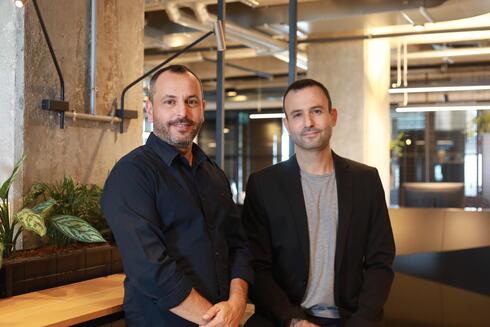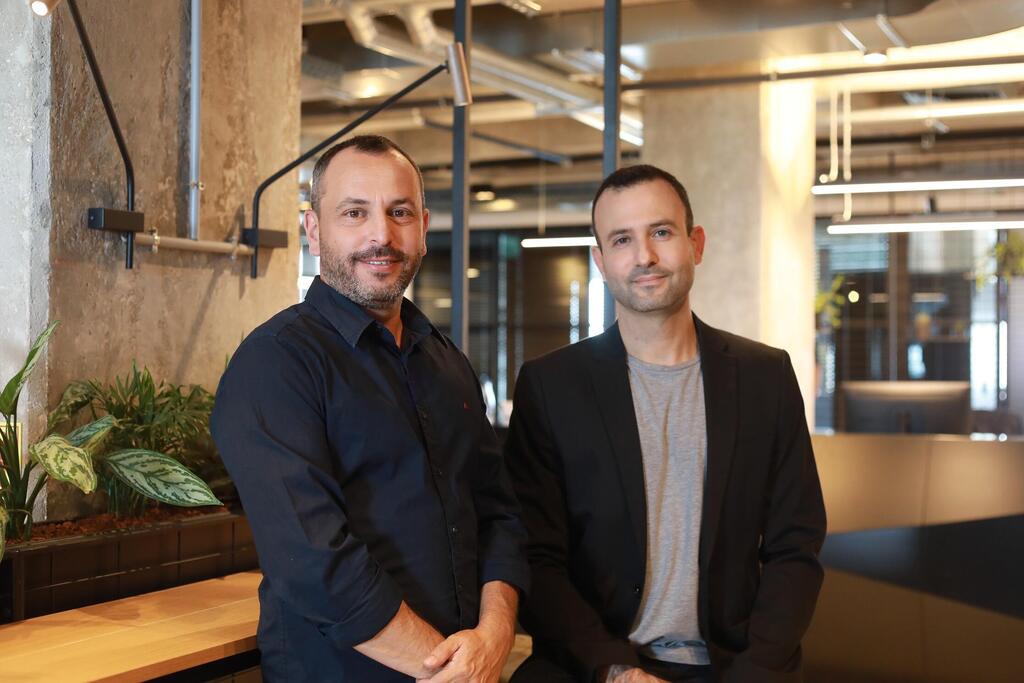
“In most cases, a $25m Seed is too high. It doesn’t make sense.”
IBI Tech Fund’s Dan Aks and Dor Lee-Lo have joined CTech to discuss the current climate of the tech industry
Some call it a crisis, some call it an ‘organized restructuring’. Either way, it is undeniable that recent months have seen a correction in the Israeli high-tech ecosystem as companies let go of scores of employees and IPO listings were canceled at the last minute. 2021 saw record-breaking money invested into Startup Nation, and the acts of yesterday are catching up with players today.
“Today there are many tools and open sources and resources that founders can use to build something preliminary and in order to test the market,” explained Dor Lee-Lo, co-founder at IBI Tech Fund. “In that sense, if you're a software-driven company, it is much easier for you today than it was 10 years ago to come up with something for a Seed round.”
IBI Tech Fund was founded in 2018 by Lee-Lo and Dan Aks, and the pair serve as the firm’s Managing Partners. The founders decided to establish a fund to blend their “empirical and theoretical” research of Israeli VCs and the ecosystem to help them fund companies at the Seed round. Typically, the fund invests $3-5 million in B2B companies across various verticals, except for biomedical. Some portfolio companies include LightSolver, Solidus, and Shopic.
Traditionally, the ballpark of $3-5 million for a Seed round is a fair and reasonable number. However, over the years more and more money has been invested into Startup Nation, causing an inflationary reaction, with recent Seed rounds reaching gigantic numbers. Notably, Winn.AI secured $17 million, and OX Security received $34 million in Seed rounds both in September 2022, turning heads in the investment community.
“It is natural that if you can reduce the risk a little bit for the investor, and you need more money, it makes sense that the Seed will be higher than it used to be five years ago,” Lee-Lo continued. “Take that into consideration, plus that the salaries are much higher, and it takes a shorter period of time but still a lot of money and expensive employees in order to build a high-quality product. In that sense, it makes sense the amount you raise is higher than it used to be.”
When IBI Tech Fund started in 2018, the total amount of money that was invested annually into the Israeli tech ecosystem was roughly $5 billion. In 2021, that number was closer to $25 billion. “It is about the capital supply and the fact that there is tons of money in the market,” added Aks. “When you see those large Seed rounds, the investor has said to themselves ‘we are confident about the team, we don't want to wait for a product market fit, we want to be sure that we participate in the A round, so let's combine them together’. I'm not sure it's very healthy because I think it comes from the investors and not the needs of the company.”
According to the pair, these high Seed rounds led to early high valuations, which lead to even higher A and B rounds, and it balloons to valuations that ultimately could come crashing down. Earlier this summer, CTech reported that Israeli company Bizzabo saw its valuation decrease by 30% in its new funding round. Their argument is that large Seed rounds create high valuations, and those companies either crash or become too big to be acquired.
“I haven’t seen the details because we don't invest in Seed rounds that are $25 million… maybe it is justified and maybe there is a unique case when it is correct to do that and that is the best path for the company to grow,” explained Lee-Lo. “But I believe in most cases, a $25 million Seed is too high.”
For now, IBI Tech Fund remains in the sweet spot of early-stage companies seeking “only” a few million dollars. Whereas companies around them are shrinking in size and value, Aks and Lee-Lo admit to not feeling the pressure since early-stage companies prepare to enter the market in two or three years.
“We feel that it is business as usual,” Aks said.














